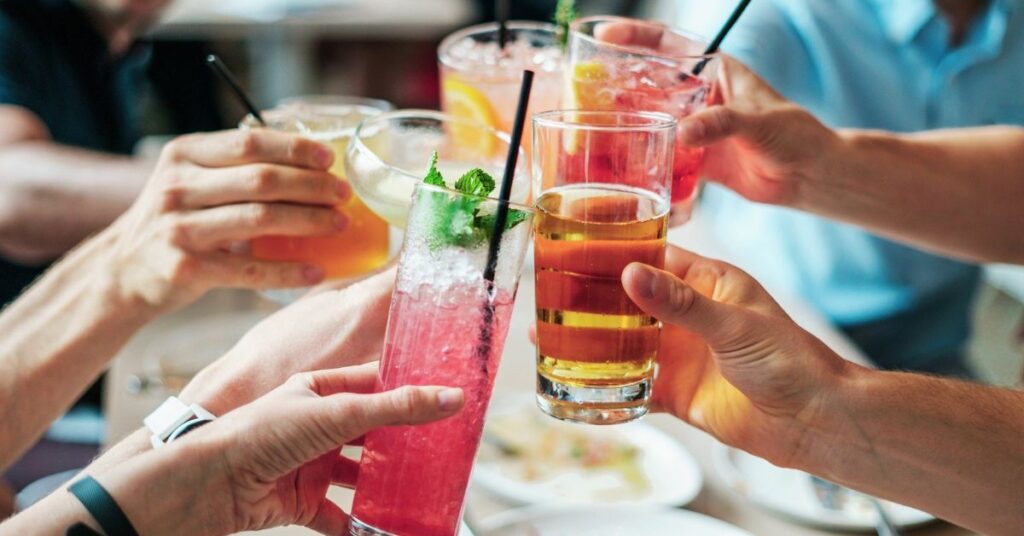Benefits of Host Liquor Liability for Corporate Events

Corporate events are often a key part of business culture. Whether it’s a year-end celebration, a product launch, or a client appreciation night, these gatherings help build relationships and boost morale. But when alcohol is served, even in a social or complimentary setting, there are significant liability risks that must be considered. This is where host liquor liability becomes a vital form of protection for any business hosting such an event.
What is Host Liquor Liability?
Host liquor liability is a type of insurance coverage that protects businesses or individuals from legal claims resulting from alcohol-related incidents during events where alcohol is served, but not sold. This form of coverage is typically included in general liability insurance policies, though sometimes it may need to be added separately depending on the nature of the event and policy terms.
This type of coverage is distinct from liquor liability insurance, which is meant for businesses that manufacture, sell, or serve alcohol as part of their operations—such as bars or restaurants. In contrast, host liquor liability insurance is designed for non-liquor businesses that temporarily serve alcohol at private or public functions.
Why Your Corporate Event Needs Host Liquor Liability
1. Protection Against Legal Claims
Even if your company does not sell alcohol, you can still be held liable if a guest becomes intoxicated and causes harm to themselves or others. For example, if an attendee drinks at your event and then gets into a car accident on the way home, your business could be named in a lawsuit. Host liquor liability helps shield your company from the financial and reputational consequences of such claims.
2. Covers Bodily Injury and Property Damage
Host liquor liability coverage typically includes protection for bodily injury or property damage caused by an intoxicated guest. This can range from physical altercations to damage at the event venue or elsewhere. Having this coverage ensures that your event doesn’t become a long-term financial burden due to unforeseen alcohol-related incidents.
3. Mitigates Financial Risk
Legal battles and medical bills can be extremely costly. Without the right coverage, your company may have to pay out-of-pocket for settlements, attorney fees, or court judgments. Host liquor liability insurance acts as a financial safety net, allowing your business to focus on growth rather than legal distractions.
4. Demonstrates Responsible Event Planning
Having insurance in place—especially for something as potentially volatile as alcohol service—shows that your company takes risk management for events seriously. Clients, partners, and employees will appreciate the professionalism and foresight it reflects. It’s also often required by venues, which may ask for proof of insurance before agreeing to host your event.
5. Peace of Mind for Event Organizers
Corporate events already involve multiple moving parts: logistics, vendors, guest lists, catering, and more. Worrying about liability shouldn’t be one of them. Knowing that your business is protected through event liability coverage can help you stay focused on creating a successful and enjoyable experience for all attendees.
Common Scenarios Covered by Host Liquor Liability
To better understand its importance, here are a few real-world scenarios where host liquor liability could come into play:
A guest slips and falls after consuming alcohol and claims the injury was due to intoxication.
An attendee causes damage to the venue after drinking too much.
A drunk guest gets into an altercation, resulting in injuries and a lawsuit.
Someone drives home impaired and causes a crash, with your company blamed for over-serving.
In each case, host liquor liability insurance can provide the necessary support to handle the claim, both legally and financially.
How to Secure Host Liquor Liability Coverage
Most businesses can obtain this coverage as part of a broader event insurance policy or through a rider on their general liability plan. It’s important to speak with your insurance provider to determine if your current coverage includes it or if an additional policy is needed for your event.
Be prepared to provide details such as:
The nature and size of the event
Whether professional bartenders or servers will be used
Whether alcohol is complimentary or sold
Venue details and guest list size
These factors help insurers assess the risk and tailor the policy appropriately.
Best Practices to Reduce Liquor Liability Risks
While insurance is essential, proactive steps can further reduce potential liabilities:
Hire licensed bartenders who can recognize signs of intoxication
Limit the number of alcoholic drinks per person
Provide non-alcoholic alternatives and plenty of food
Offer transportation options like ride-share credits or shuttle service
Set a clear cut-off time for alcohol service
Implementing these practices, combined with the right insurance coverage, creates a safer, more enjoyable environment for all guests.
Conclusion
Serving alcohol at a corporate event comes with a level of responsibility that shouldn’t be underestimated. While it can elevate the atmosphere and help guests unwind, it also introduces potential risks that could have serious consequences. The benefits of host liquor liability for corporate events are clear: it safeguards your business against lawsuits, helps manage financial exposure, and supports responsible planning.
Before your next corporate gathering, take the time to assess your risk and ensure your business is adequately protected. It’s a small investment that can prevent significant losses—and ensure that your event is remembered for all the right reasons.
